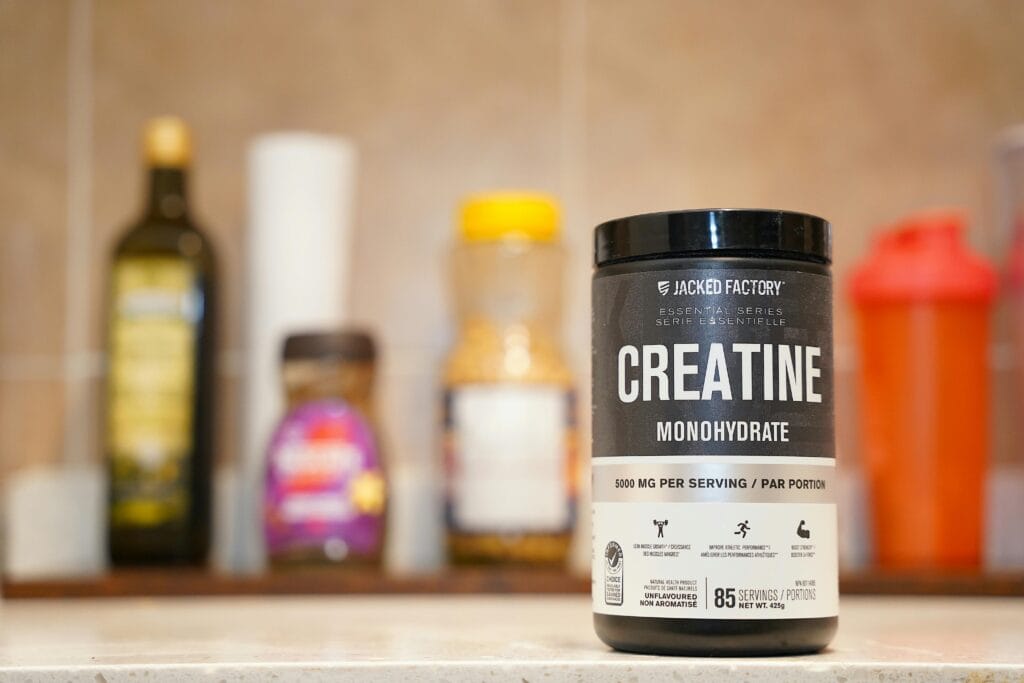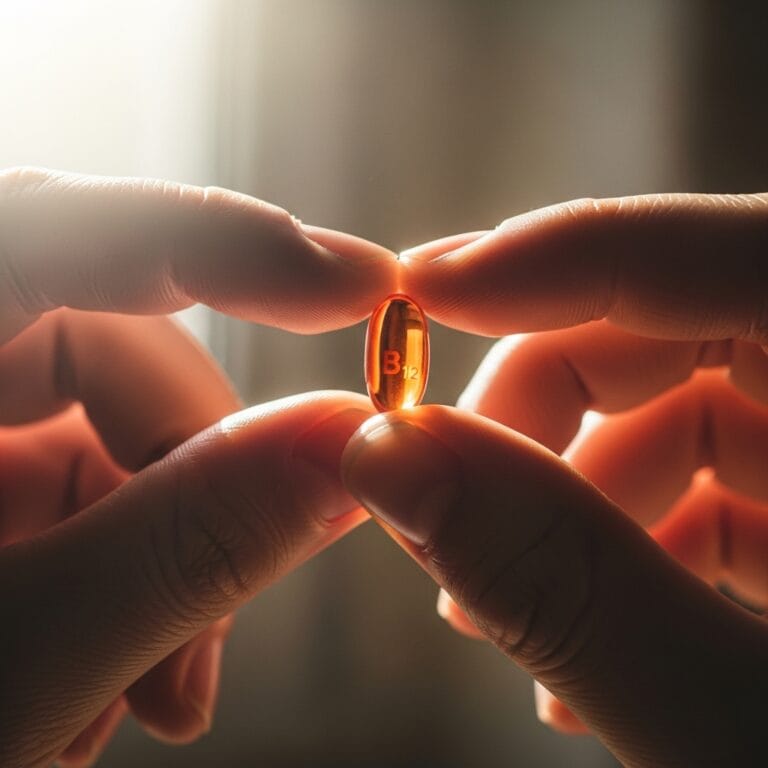FREE SHIPPING OVER $50
Creatine Results: Do You Really Need to Take It Every Day? Experts Break It Down

You have made the decision. You have a tub of creatine in your kitchen, you have heard all the hype about it being a game-changer for muscle growth and strength, and you are ready to see those results. But as you get into your new routine, a common question pops into your head: Do I really need to take this every single day? What if I forget? Will my progress disappear?
The confusion is understandable. Unlike a pre-workout that gives you a burst of energy, creatine does not seem to work instantly. This makes its daily use feel less critical, and you might wonder if skipping a day will really matter. It is a question fitness experts and scientists have answered with definitive clarity, and the answer is more nuanced than a simple “yes” or “no.” This article will dive into the science of how creatine works, why consistency is key for your gains, and what truly happens when you miss a day.
The Science Behind Creatine: How It Actually Works
Before you can understand the importance of daily use, you need to know what is happening on a cellular level. Your muscles use a molecule called ATP (adenosine triphosphate) for energy. When you perform an intense, quick movement—like lifting a heavy weight or sprinting—your muscles burn through their ATP stores in seconds. Your body has a backup system to quickly regenerate that ATP, and that system relies on a compound called phosphocreatine.
This is where a creatine supplement comes in. By taking creatine every day, you are essentially “saturating” your muscles with phosphocreatine. This creates a bigger, more readily available energy reserve. When you lift a heavy weight, you can push out that extra repetition or two because your muscles have a larger fuel tank to draw from. Over time, those extra reps add up to more volume, which directly translates into more muscle growth and more strength.
The key takeaway is that creatine is not a stimulant. It does not work on a per-use basis. It is a cumulative supplement that relies on your muscles being fully loaded with it. Think of it like a battery: it works best when it is fully charged.
The Big Question: Do You Really Need to Take It Every Day?
The short answer is yes, for optimal results, you absolutely need to take it every day.
The benefits of creatine come from maintaining a saturated pool of it in your muscles. When you first start taking it, your muscle creatine stores are only about 60-80% full. Taking it every day allows you to raise those levels to 100%, and consistent daily use keeps them there.
Missing a single day will not cause your muscles to suddenly lose all of their stored creatine or reverse your progress. Your muscle creatine stores will only begin to slowly decline after several days of not taking the supplement. However, frequent or prolonged inconsistency—like taking it only three or four times a week—will prevent your muscles from ever reaching or maintaining full saturation, which means you will not get the full benefits that creatine is known for.
The Two-Phase Approach to Creatine Supplementation
Most experts recommend a simple, two-phase approach to using creatine to ensure you get the best possible results.
The Loading Phase (For Fast Saturation)
This phase is optional but highly effective for those who want to see results as quickly as possible. For the first five to seven days, you take a higher dose of creatine, typically around 20 grams per day, split into four servings of 5 grams each. This rapid influx of creatine quickly saturates your muscles, and you will begin to feel its effects on your strength and performance within the first week.
The Maintenance Phase (For Consistency)
After the loading phase, you transition to a maintenance dose. This is where the “every day” part becomes most important. A maintenance dose is typically 3-5 grams per day. This smaller, daily dose is all you need to keep your muscle creatine stores topped off and fully saturated. Taking it every single day, even on rest days, is crucial for maintaining the benefits you worked to build in the loading phase.
What About the Off-Days?
A common point of confusion is what to do on rest days. The answer is simple: you still need to take your daily dose. Creatine does not fuel your workout; it fuels your muscle recovery and adaptation. When you are resting, your muscles are working to repair and rebuild themselves stronger, and they need creatine to do that effectively. Think of it as a daily vitamin for your muscles. You do not just take a multivitamin on the days you feel sick; you take it every day to support your overall health.
Creatine Myths vs. Science-Backed Facts
Given how popular creatine is, it is no surprise that a lot of misinformation has cropped up over the years. Here are a few common myths that experts have definitively debunked.
Myth: Creatine Causes Dehydration and Cramps
This is perhaps the most persistent myth about creatine. The fear is that it pulls water into the muscles, leaving the rest of your body dehydrated. Science has shown this is simply not true. Multiple studies have confirmed that creatine does not cause dehydration or muscle cramps in healthy individuals. In fact, some research suggests it may even enhance your body’s hydration levels, especially in hot weather. The key is simply to drink enough water, as you should anyway, especially when working out intensely.
Myth: Creatine Damages Your Kidneys
This myth originated from anecdotal reports and a misunderstanding of how the kidneys process creatine. For healthy individuals with no pre-existing kidney conditions, extensive, long-term studies have shown no evidence of kidney or liver damage from creatine supplementation. Your kidneys are designed to process it, just as they would any other natural compound in your body. If you have a pre-existing kidney or liver condition, it is always wise to consult with your doctor before starting any new supplement.
Myth: You Need to “Cycle” Creatine
The idea of taking creatine for a few months and then taking a break is an outdated practice from the early days of creatine use. The rationale was to “let your kidneys rest” or “prevent your body from adapting,” but both of these ideas have been disproven. Scientific consensus now holds that there is no need to cycle off creatine for healthy people. The benefits are sustained with continuous, daily use.
Conclusion
The question of whether you need to take creatine every day is a valid one, and the science gives us a clear answer: yes, you do. The benefits of this incredible supplement are not a one-time event; they are the result of consistently saturating your muscles with the fuel they need to grow stronger and perform better.
By understanding the science behind creatine and committing to a simple, daily dose, you can stop guessing and start seeing the real, quantifiable results you are working for. Consistency is the game-changer here. It will ensure that your muscles are always ready to push harder, lift heavier, and ultimately, build the strength and physique you are striving for.
Related Articles
- 9 Doctor-Recommended Supplements That Help You Look Younger—#4 Is a Game-Changer
- The Truth About Fish Oil and Blood Pressure—What Cardiologists Want You to Know
- The $0.50 Supplement That Builds Muscle, Slows Aging & May Protect Your Brain from Alzheimer’s—Backed by Scientists
- Collagen Isn’t Just for Skin—Here’s How It Targets Belly Fat and Weight Gain After 50
- You’re Probably Taking Your Supplements at the Wrong Time—Here’s When They Actually Work Best







